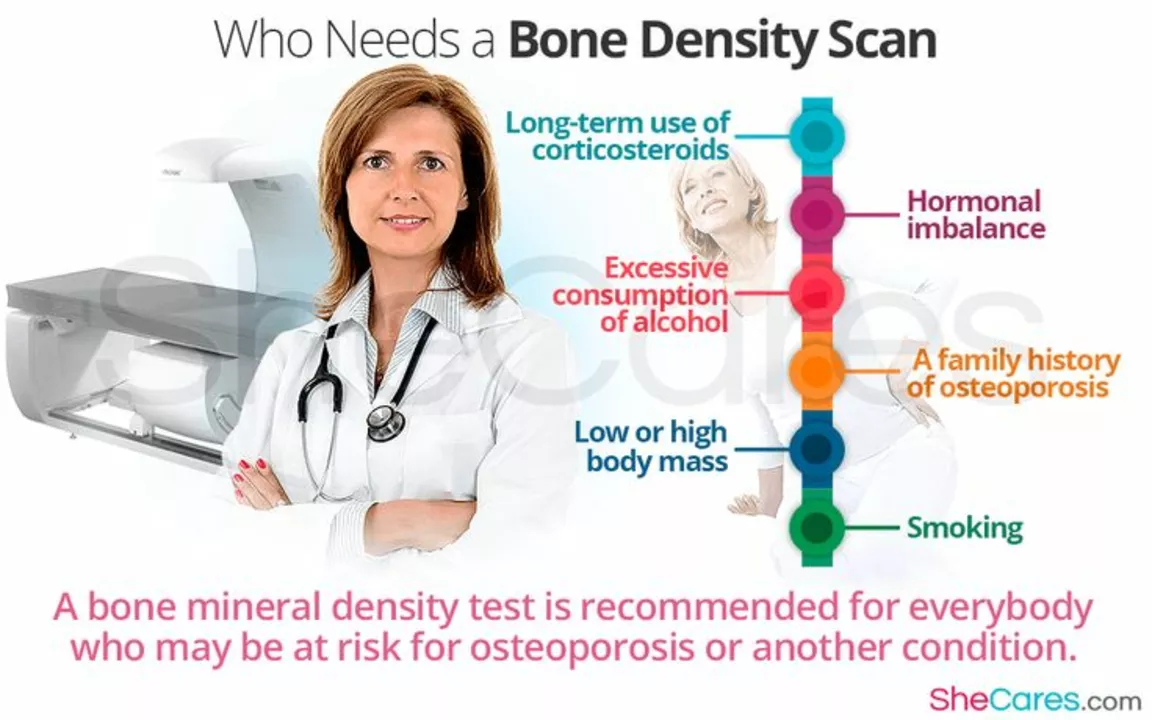Calcitonin is a hormone that's been shown to have a positive impact on our bone health. It plays a crucial role in regulating bone mineral density, which is essential for maintaining strong bones. In addition, research has demonstrated that calcitonin can significantly reduce the risk of fractures in individuals with osteoporosis. This means that calcitonin therapies could be a vital tool in the fight against bone-related diseases, helping countless people maintain their mobility and independence. Overall, it's exciting to see how the effects of calcitonin could lead to improved bone health and a better quality of life for many.
Calcitonin: what it is and why it matters
Calcitonin is a natural hormone that helps lower blood calcium and slows bone breakdown. In medicine we use a lab-made form (often called salmon calcitonin) as a short-term treatment for certain bone and calcium problems. If you or someone you care for is prescribed calcitonin, this guide explains when it’s used, how to take it, common side effects, and simple safety tips that actually help.
When doctors prescribe calcitonin
Calcitonin is not a first-line drug for most bone conditions, but it has clear uses: short-term treatment of high calcium levels (hypercalcemia) and pain relief from certain bone disorders like Paget’s disease. Some doctors also use it for osteoporosis when other treatments aren’t suitable or tolerated. Keep in mind regulators have limited long-term use because of a small reported increase in cancer risk, so doctors usually prefer other options for long-term osteoporosis care.
How to take it and what to watch for
Calcitonin comes as a nasal spray and as an injection. The nasal spray is simple: prime it, place it in one nostril, and follow your prescriber’s instructions—usually once a day, alternating nostrils. Don’t blow your nose right after using it. For injections, you’ll get training on technique, site rotation, and safe needle disposal. Store injectable vials in the fridge if the label says so; most nasal sprays can be kept at room temperature once opened—check the packaging.
Common side effects are mild: nasal irritation, runny nose, nausea, flushing, or mild injection-site pain. Less common but serious problems include low blood calcium (you may feel tingling or muscle cramps) and allergic reactions. Call your doctor if you notice sudden shortness of breath, hives, or severe swelling. Because calcitonin lowers calcium, your doctor will likely check blood calcium levels early in treatment and adjust any calcium or vitamin D supplements as needed.
Practical tips: if you use the nasal spray, gently clear your nose first and don’t use it with a heavily blocked nostril. For injections, rotate sites and never reuse needles. Keep a written list of your medicines and share it with your prescriber—calcitonin can affect calcium levels and may change how other treatments work. If you’re pregnant or breastfeeding, tell your doctor; use is typically discouraged unless clearly needed.
Short-term relief from bone pain or fast control of high calcium can make calcitonin useful in specific situations. Ask your doctor why they chose calcitonin over other drugs and how long they expect you to use it. If you notice new symptoms or have concerns about long-term safety, bring them up—your healthcare team can switch or monitor you based on the latest guidance and your personal risk.

